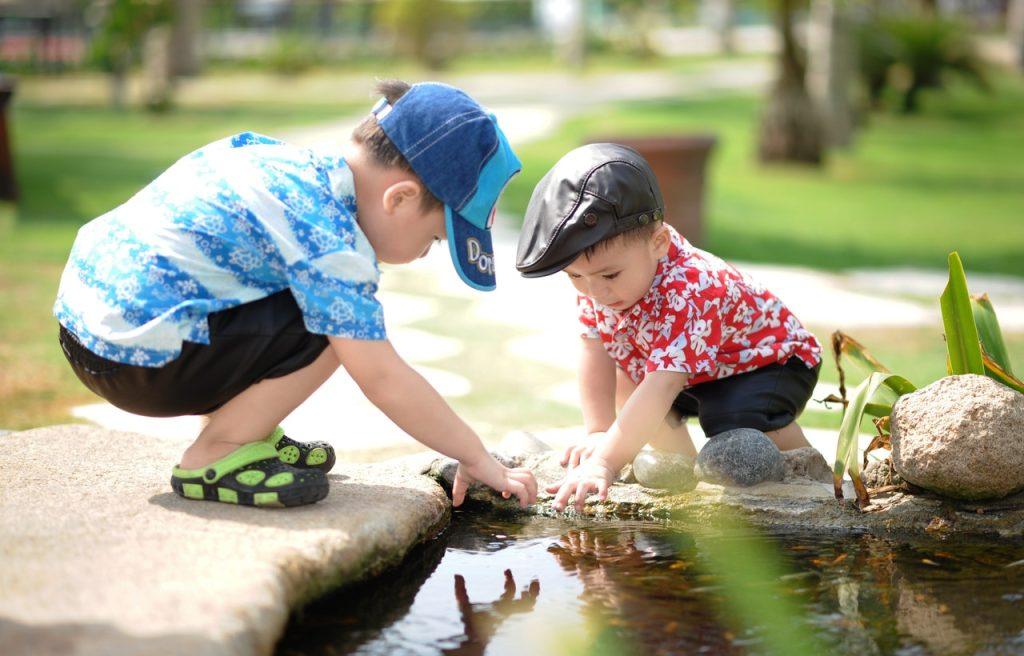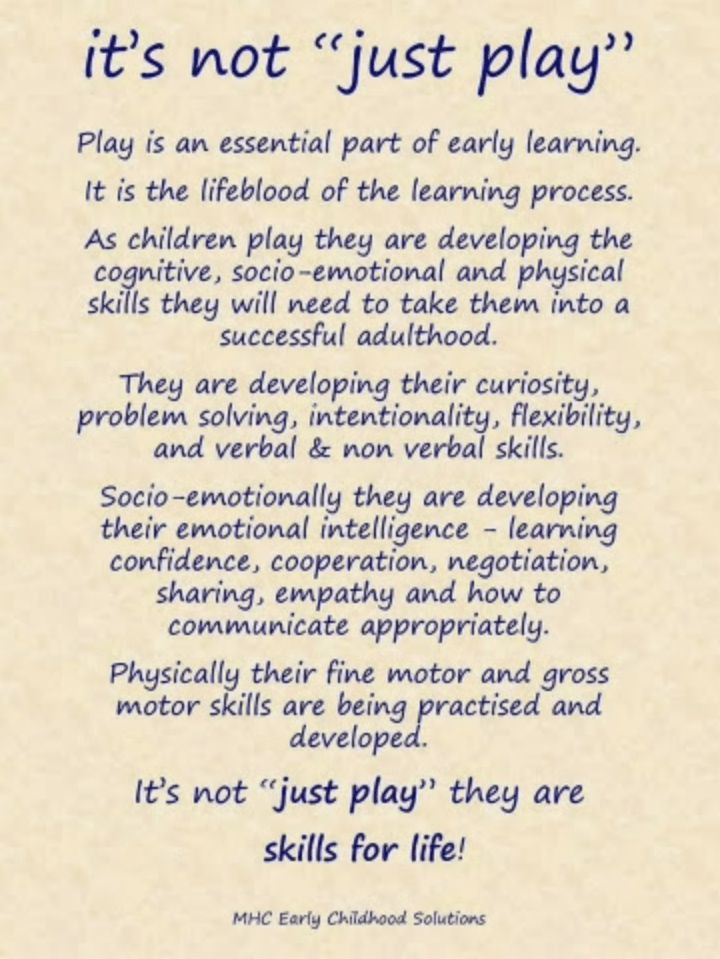
The Power of Play
by Kyle Kick
BStrong Together Executive Director
In January of 2018, BStrong Together was proud to welcome Dr. Shimi Kang, award-winning Harvard-trained physician, researcher, and author of The Self-Motivated Kid: How to Raise Happy, Healthy Children Who Know What They Want and Go After It. In her book, Dr. Kang identifies four skills essential to success in the 21st century to encourage and foster – creativity, critical thinking, communication, and collaboration. According to Dr. Kang, fundamental to the development of these critical skills is play.
Play fuels brain development, activating the regions responsible for language processing and attention; motor control, coordination, and balance; and goal setting, decision making, and organizing our thoughts and feelings. Unstructured free play fosters creativity and collaboration as children construct a world around them where they can practice the skills that they will need to tackle the challenges of today and the future. Regardless of age, during play, children develop greater confidence as they learn to navigate both the physical and the emotional world, and it is here that they practice managing their emotions, working with others, solving problems, and learning from failure. They learn the values of trust and fairness, compassion and cooperation.
Humans, as well as other mammals, are hardwired for play. Just like eating and sleeping, play is instinctual. Play allows us to experiment in the world, learning from trial and error. It relieves stress and gives us a feeling of well-being. It helps us to connect with others and bond together. So, go play! Play with your children and your teens. Make space for them to play on their own. Allow them to explore and experiment in the world around them, to discover new things and find their passions, and most importantly, through play, to develop the confidence, resiliency, and adaptability that will last them a lifetime.
Follow these simple suggestions to encourage play in your family:
- Prioritize play. It communicates to your child that play in an important part of daily life at all ages.
- Give your children the opportunity for unscheduled, independent, child-directed, free play.
- Let them be bored – fight the urge to direct them into an activity. Amazing things can spring up out of boredom!
- Offer open-ended toys such as blocks, balls, dolls, art supplies, or costumes – items that can be used in many ways – to encourage imaginative, creative play.
- Encourage your children to engage in active play instead of passive entertainment (video games and television).
- Create screen-free zones in your home and limit “background media” use during playtime and family time.
- Play together – find ways that you can play together as a family that everyone enjoys.
- Create a game night complete with favorite family games and a special meal chosen by your children. Make it even more fun with costumes, crazy hats, silly voices, or props. Set up a picnic – indoors or out – for your game space and meal together.
- Find opportunities for spontaneous one-on-one play with each of your children.
- Encourage experimentation, exploration, innovation, and collaboration in play.
- Go outside. Fresh air, sunshine, and being in nature have positive effects on both physical and mental health.
To learn more about play, visit our webpage The Power of Play.
Have a wonderful time playing and making memories together!

